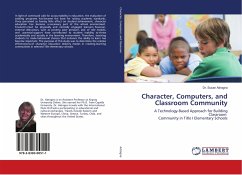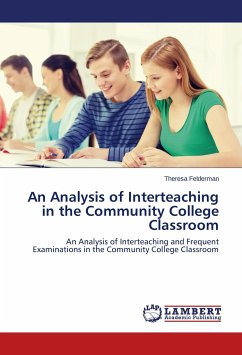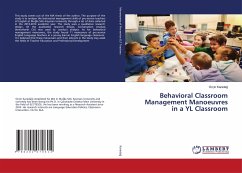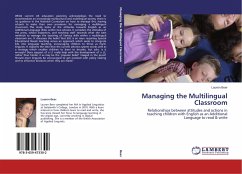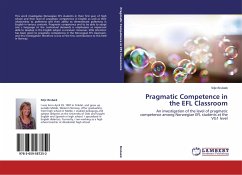In light of continued calls for accountability in education, the evaluation of existing programs has become the basis for raising academic standards. Once perceived as having little effect on student achievement, character education has become a necessary part of the school environment. Students must be physically and mentally engaged learners; however, external distractors, such as poverty, peer pressure, lack of role models, and parental support have contributed to student inability to thrive academically and socially in the learning environment. Therefore, teaching students to make behavioral choices that enhance the ability to learn has become important. The purpose of this study was to determine the relative effectiveness of character education delivery modes in creating learning communities in selected Title elementary schools.
Bitte wählen Sie Ihr Anliegen aus.
Rechnungen
Retourenschein anfordern
Bestellstatus
Storno

